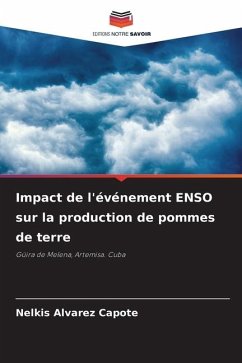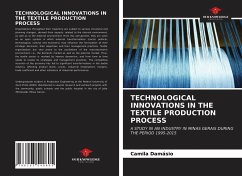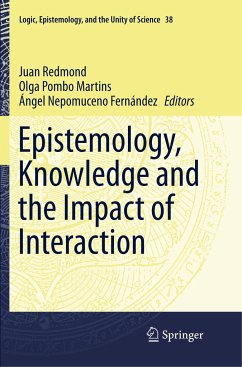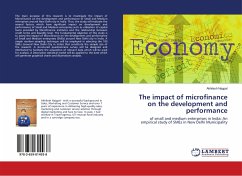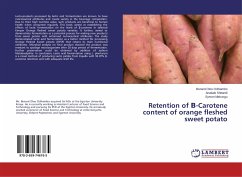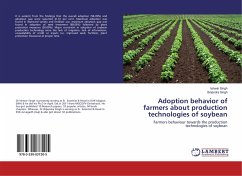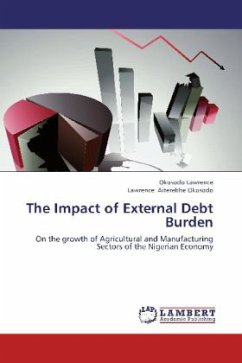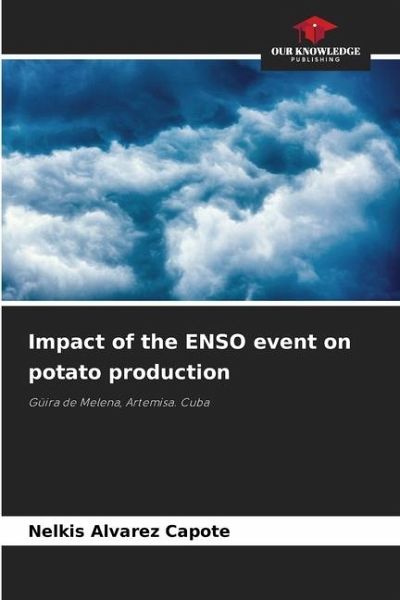
Impact of the ENSO event on potato production
Güira de Melena, Artemisa. Cuba
Versandkostenfrei!
Versandfertig in 6-10 Tagen
29,99 €
inkl. MwSt.

PAYBACK Punkte
15 °P sammeln!
The El Niño-Southern Oscillation (ENSO) event is associated with the occurrence of climatic anomalies that are capable of producing major disasters; therefore, knowing its effects on a region contributes to decision-making in order to mitigate its impact on agricultural production. For this reason, the present research aims to demonstrate the impact exerted by the warm, cold and neutral phases of ENSO on potato crop production in the municipality of Güira de Melena, during the seasons from 2010 to 2018. For this, the yields obtained were analyzed taking into consideration the different phase...
The El Niño-Southern Oscillation (ENSO) event is associated with the occurrence of climatic anomalies that are capable of producing major disasters; therefore, knowing its effects on a region contributes to decision-making in order to mitigate its impact on agricultural production. For this reason, the present research aims to demonstrate the impact exerted by the warm, cold and neutral phases of ENSO on potato crop production in the municipality of Güira de Melena, during the seasons from 2010 to 2018. For this, the yields obtained were analyzed taking into consideration the different phases of the ENSO event and through the behavior of the values of maximum temperature (Tmax), minimum temperature (Tmin), average temperature (Tmed), thermal amplitude (AT) and night temperature (Tnoc), precipitation (RR) and relative humidity (Hr) that influence the development of the potato crop.



